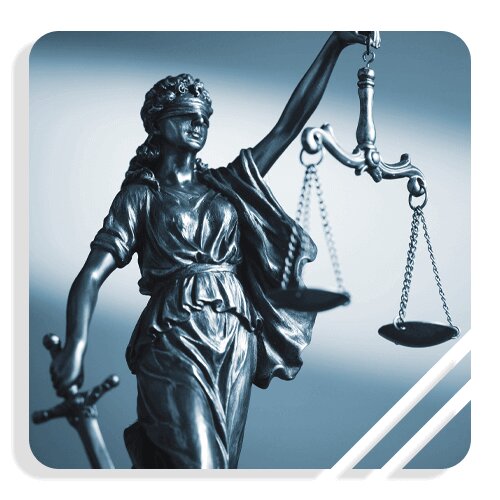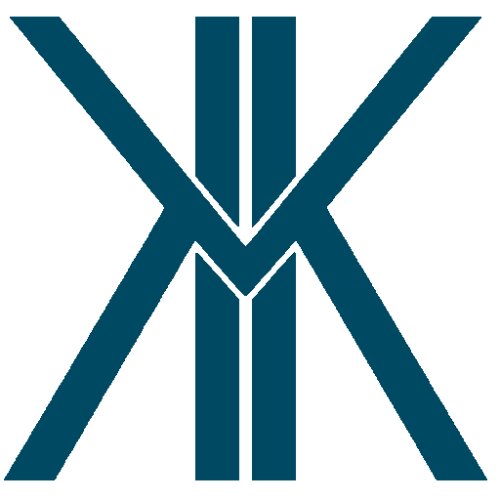Best Debt & Collection Lawyers in İzmit
Share your needs with us, get contacted by law firms.
Free. Takes 2 min.
List of the best lawyers in İzmit, Turkey
Turkey Debt & Collection Legal Articles
Browse our 1 legal article about Debt & Collection in Turkey written by expert lawyers.
- Navigating Corporate Debt in Turkey: A Guide for Businesses
- In today's challenging economic climate, many businesses in Turkey find themselves struggling with commercial debt. Whether your company is dealing with business loans, trade liabilities, or other financial obligations, understanding the available debt relief options is crucial for regaining financial stability and ensuring operational viability. This guide explores the various... Read more →
About Debt & Collection Law in İzmit, Turkey
In İzmit, Turkey, debt and collection law revolves around the set of legal guidelines designed to manage and enforce the repayment of debts. This area of law concerns the rights and responsibilities of creditors and debtors and provides mechanisms for the recovery of outstanding obligations. With its strategic location in Turkey's industrial heartland, İzmit is home to numerous businesses and individuals who may find themselves navigating these laws at some point. Understanding how these laws work is crucial for anyone involved in financial transactions, disputes, or debt recovery processes in this region.
Why You May Need a Lawyer
There are several common situations where individuals or businesses may seek legal assistance regarding debt and collection. These include:
- Facing aggressive collection actions or harassment by creditors.
- Dealing with disputes over the validity or amount of a debt.
- Understanding rights and obligations under a credit agreement or loan contract.
- Negotiating repayment plans or settlements with creditors.
- Defending against legal actions such as garnishments or lawsuits initiated by creditors.
- Navigating bankruptcy proceedings.
- Ensuring compliance with local and national debt collection laws.
Given the legal complexity and potential financial impact, consulting with a lawyer can help protect your interests and guide you effectively through legal processes.
Local Laws Overview
Debt and collection laws in Turkey are primarily governed by the Turkish Code of Obligations and the Execution and Bankruptcy Law. Key aspects include:
- Legal recovery processes must be conducted through authorized executory offices.
- Debtors are entitled to receive notice of any action being taken against them for debt recovery.
- Debtors can seek to negotiate a settlement or propose a payment structure suited to their financial situation.
- Creditors must follow strict procedures when initiating court proceedings for debt recovery.
- Bankruptcy is considered a last resort after all other debt recovery efforts have failed.
- Unjust enrichment by any party involved in a debt transaction is prohibited.
Each case can present unique challenges, and understanding these laws fully often requires professional legal advice tailored to the specific circumstances.
Frequently Asked Questions
What should I do if I can't pay my debts?
If you're unable to pay your debts, it's essential to communicate with your creditors to discuss your situation. You may explore restructuring options, settlements, or look into legal options such as debt mediation. Consulting with a legal expert can provide further tailored advice for your circumstances.
Can a creditor seize my property for unpaid debts?
Yes, creditors can initiate legal proceedings to seize assets under the guidance of the Execution and Bankruptcy Law. However, this process requires court intervention and adherence to strict legal procedures.
What is the statute of limitations for debt collection?
Generally, the statute of limitations for initiating legal action on debt collection in Turkey is 10 years. However, this can vary depending on the nature of the debt, so it's important to verify specific timelines for your situation.
Is it possible to negotiate debt repayment terms?
Yes, it's often possible to negotiate repayment terms with creditors. Many creditors may be willing to work out a feasible repayment plan if it's evident that you're committed to settling your debts.
What is harassment in debt collection, and how can it be stopped?
Harassment includes excessive or aggressive communication tactics used by creditors that violate your rights. You can report such behavior to legal authorities and seek a lawyer's assistance in addressing the issue.
How does bankruptcy work in Turkey?
Bankruptcy in Turkey is a legal process that provides a fresh start for individuals or entities unable to meet their debt obligations. It involves the liquidation of assets to pay off creditors, overseen by the courts.
Can I dispute a debt I believe is incorrect?
Yes, if you believe you're being asked to pay a debt that is incorrect or you're not liable for, you can formally dispute it. Providing evidence and seeking legal advice helps in addressing such disputes effectively.
Are there any debts that can't be discharged in bankruptcy?
Certain obligations, such as child support, taxes, and fines, typically cannot be discharged in a bankruptcy process. Consulting with a lawyer can provide clarity on which debts are non-dischargeable.
How can I prevent falling into debt again?
Financial education, careful budgeting, and debt management strategies can be effective tools in preventing future debts. Consider consulting financial advisors to create a sustainable financial plan.
What legal protection do I have against debt collectors?
Debtors have the right to fair treatment under the law, which includes protection from unfair or aggressive collection practices. Legal routes are available for those who feel their rights are being compromised.
Additional Resources
For individuals seeking further assistance or information related to debt and collection, several resources can be helpful:
- The Turkish Ministry of Justice provides information on national laws and guidelines.
- Local Bar Associations can offer referrals for legal assistance specialized in debt and collection.
- Consumer protection offices in Turkey can assist with complaints related to collection practices.
- Financial advisory services can help with budgeting and debt management.
Next Steps
If you are facing challenges related to debt and collection, the first step is often to seek professional legal advice to understand your rights and responsibilities. Here’s how you can proceed:
- Contact a local lawyer specialized in debt and collection law to discuss your situation.
- Gather relevant documentation concerning your debts, payments, and any communication with creditors.
- Explore legal aid or pro-bono services if you are unable to afford a lawyer.
- Consider attending any free consultations or informational sessions offered by local legal organizations.
Proactive steps and informed decisions can help effectively manage debt situations and minimize legal or financial repercussions.
Lawzana helps you find the best lawyers and law firms in İzmit through a curated and pre-screened list of qualified legal professionals. Our platform offers rankings and detailed profiles of attorneys and law firms, allowing you to compare based on practice areas, including Debt & Collection, experience, and client feedback.
Each profile includes a description of the firm's areas of practice, client reviews, team members and partners, year of establishment, spoken languages, office locations, contact information, social media presence, and any published articles or resources. Most firms on our platform speak English and are experienced in both local and international legal matters.
Get a quote from top-rated law firms in İzmit, Turkey — quickly, securely, and without unnecessary hassle.
Disclaimer:
The information provided on this page is for general informational purposes only and does not constitute legal advice. While we strive to ensure the accuracy and relevance of the content, legal information may change over time, and interpretations of the law can vary. You should always consult with a qualified legal professional for advice specific to your situation.
We disclaim all liability for actions taken or not taken based on the content of this page. If you believe any information is incorrect or outdated, please contact us, and we will review and update it where appropriate.









